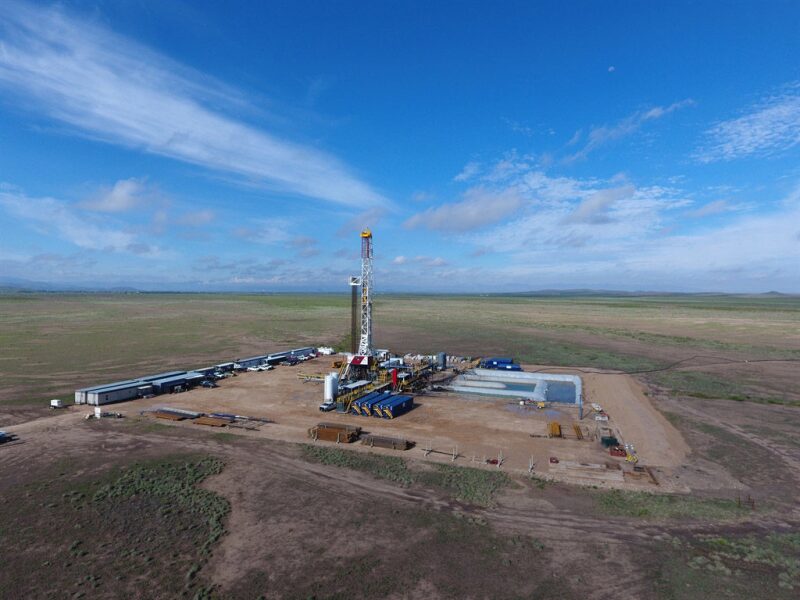Hundreds of workers at Apache and Occidental Petroleum are facing layoffs as the US shale sector contracts.
Occidental is cutting workers this week in its Houston, Denver, and Midland offices, which focus on shale, particularly in the Permian Basin where its merger with Anadarko makes it a top player.
Apache disclosed that it is closing its 272-person San Antonio office, part of a $150 million cost savings program that is expected to reduce the company’s global workforce by 10-15%.
The cuts reflect two trends in the business: corporate consolidation and pressure to deliver more money to shareholders. What makes these companies different is that they are large and publicly traded, so job cuts are noticed.
Occidental promised to deliver on $2 billion in operating cost reductions after it acquired Anadarko last year. It also said its 2020 capital budget will be $3.6 billion lower than the combined budget for the two companies.
“We reduced the workforce significantly with voluntary separation packages, and to attain the integration goals, we implemented a nonvoluntary program to further reduce staffing,” said Melissa Schoeb, vice president of corporate affairs for Occidental.
Anonymous employee posts on the website Layoffs.com reported that Occidental layoffs begun Wednesday and are expected to continue through Friday.
Both companies are promoting voluntary departures. While there are workers in the San Antonio office who will be offered jobs in Houston, based on the comments on Layoffs.com that is not an option for some. Any layoffs will happen in the near future.
During its third quarter earnings call, Apache Chief Executive Officer John Christmann said: “We have initiated a comprehensive redesign of our organizational structure and operations that will position us to be competitive for the long term. This process, which began in late summer, should be largely completed by the end of the first quarter.”
While the companies are not offering job cut totals, the reductions are likely to be large. Apache employed 3,200 workers at the end of 2018, so a 10-15% reduction would range from 300 to nearly 500 jobs.
Occidental increased its payroll from 11,000 to nearly 16,000 by acquiring Anadarko. Since then, voluntary departures and attrition have reduced the total, but a 10% reduction would represent more than 1,500 jobs.
Like smaller players in the Permian, Apache and Occidental feel the pressure to increase earnings from shale to cover payouts to demanding investors. They also have the added incentive of needing more cash to support the growth of offshore operations.
Occidental retained Anadarko’s offshore Gulf of Mexico operation. That group, along with those in international and chemicals, will experience, few, if any layoffs, according to the Houston Chronicle newspaper, citing an email to employees about the layoffs from Vicki Hollub, chief executive officer of Occidental.
Apache shares surged earlier this week when it announced a major discovery in Suriname, raising hopes for discoveries in that South American country that rival the fields found nearby in Guyana.
Turning a growing number of offshore discoveries into operations requires years of work and billions of cash. Projects like those are already changing the geography of service company marketing, according to a study last year Rystad.
“We expect offshore commitments to nearly double from 2018 to 2020, and sustain high levels of spending over the next five years,” says Matthew Fitzsimmons, vice president of Rystad Energy’s oilfield services team.
Both Apache and Occidental ended their statements about their job cuts by acknowledging the impact they can have on employees and saying they will offer assistance during the process.


